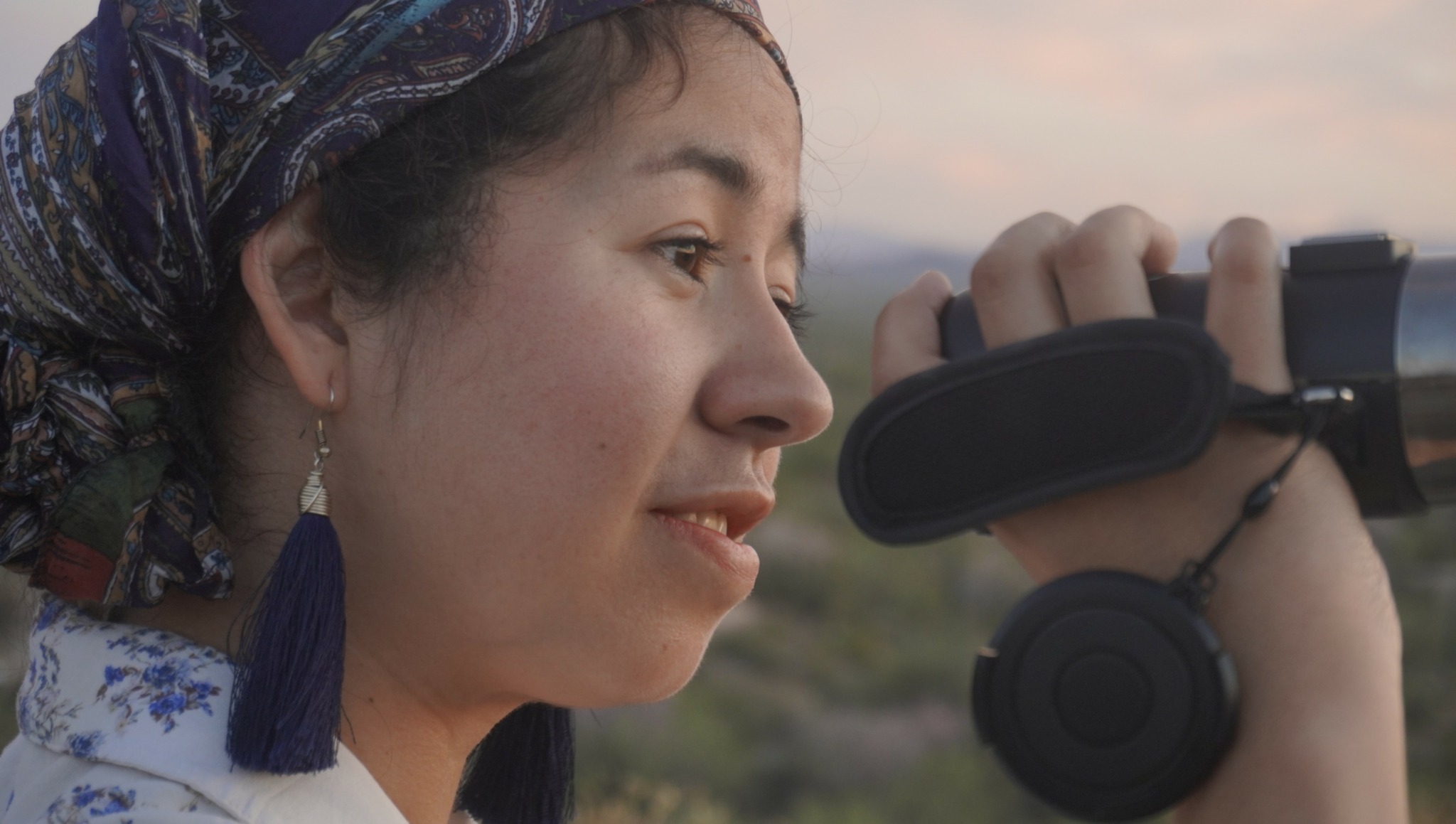Alright – so today we’ve got the honor of introducing you to Ilse Castro Corona. We think you’ll enjoy our conversation, we’ve shared it below.
Ilse, looking forward to hearing all of your stories today. I’m sure there have been days where the challenges of being an artist or creative force you to think about what it would be like to just have a regular job. When’s the last time you felt that way? Did you have any insights from the experience?
I am really happy to be an artist, I believe I find freedom when I am directing but of course, I have questioned myself about the profession I chose. Theater and film are demanding industries, sometimes you are on set for fourteen hours, and sometimes, you go into a process for several months and it requires all your time and might end up not being what you wanted. People expect you to have all the answers and forget you are also human, you always have rehearsals and most of the time, doing this work represents a lot of financial instability and no personal life. So, many times I have thought about what it would have been like doing a regular job and I have done it and still do it. I train professionals on public speaking and other communication skills which I think might be more of a regular job, but the truth is no matter how much stability a regular job can give me, I will always come back to directing because it gives me much more than it takes away from me. I guess I choose directing not because it is easy or gives me stability but because it gives me a purpose, it makes sense to me. No matter the hours of rehearsal I find some magic in gathering with other people to create fictional universes to share with an audience so they for a moment in time can get out of their life. Directing implies building gathering and community, and beliving in the power of creation.
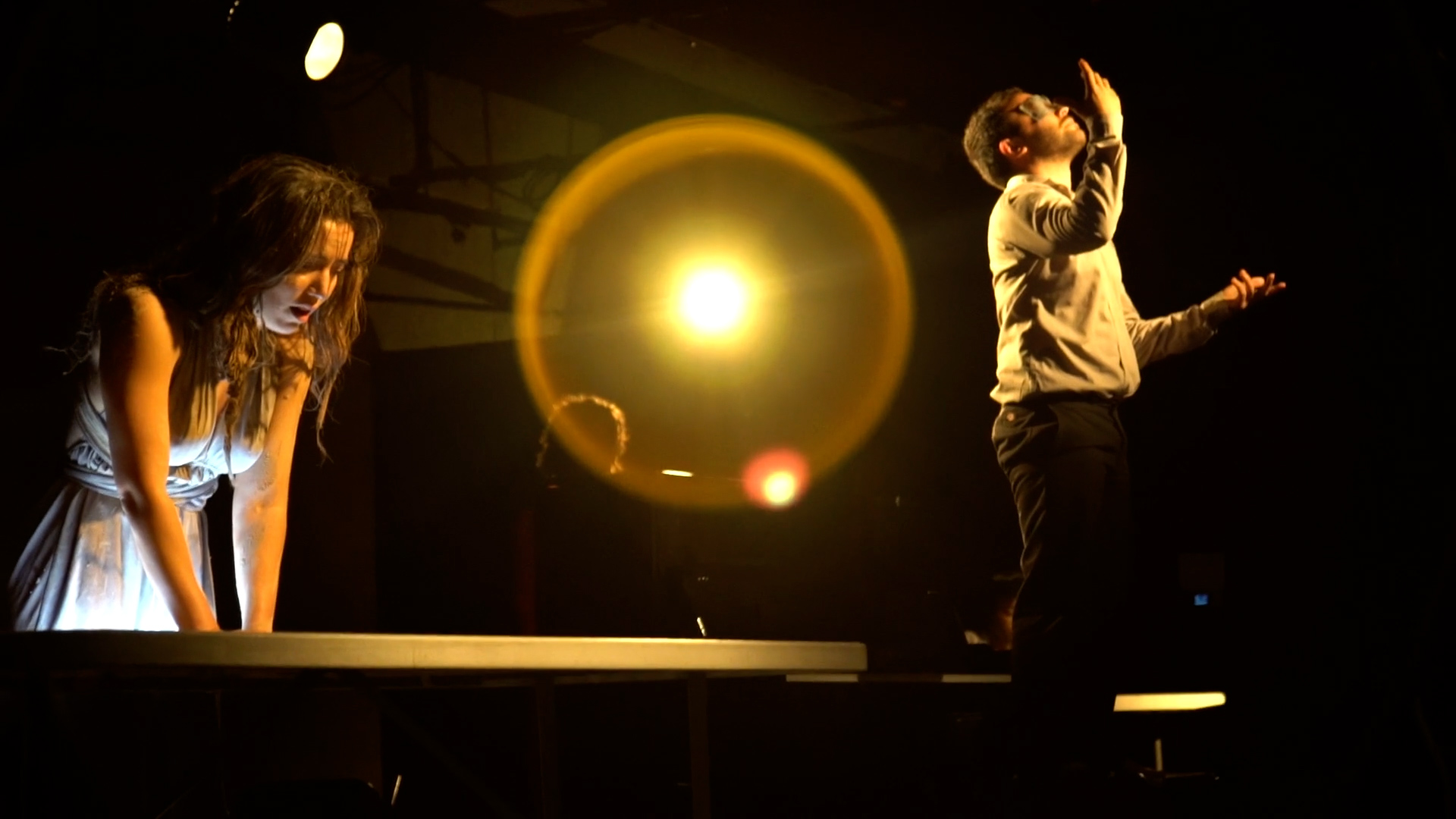
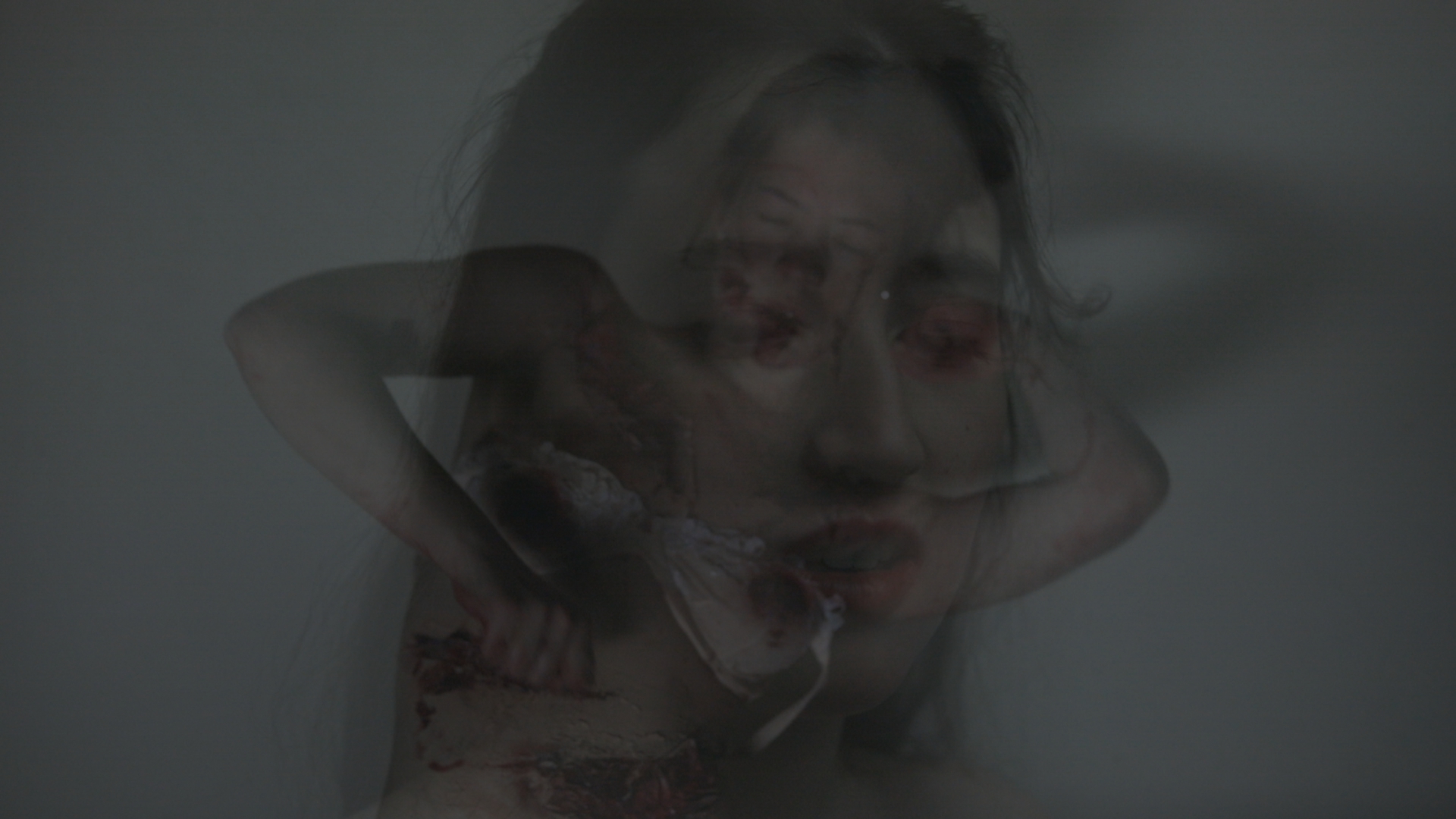
Ilse, love having you share your insights with us. Before we ask you more questions, maybe you can take a moment to introduce yourself to our readers who might have missed our earlier conversations?
I am a director and a multidisciplinary artist. As a director, most of my work has focused on theater and film, but lately, I have been focusing more on being an artistic director, I enjoy directing experiences. What I mean by this is I generate concepts and guide the process for these concepts to become tangible. As a multidisciplinary artist I work mostly with video, media, and photography, write, and try to play with the interjection and juxtaposition of different artistic languages in my art. I began acting at the age of six. Every day after school, I attended acting school from four to eight. I did it for four years and while I dreamt about becoming an actor, I never believed I was going to end up belonging to this industry. At eighteen, I discovered theater directing as an accident and I have been directing theater ever since. During my undergraduate, I concentrated on writing and directing, and after that, I worked for several years in the directing and producing department, for theater, opera, and film. During that time I also started my own company, the purpose was to use the “soft skills” I had gained as a director to guide professionals in building communication and public speaking skills. I have focused a lot on the actor’s process and pedagogy, how to release them rather than puppeteer them, and try to apply the same in the public speaking courses. I work on the resistance each individual has and try to challenge them to be able to overcome them.
Overall, I have tried for my work to be able to navigate through different mediums. I have been trying to learn from VR and AR to, at some point, direct video games and play with the different mediums on stage. I believe that rather than being a theater director or a film director, I am an artistic director. I create worlds with different mediums for the audience to experience.
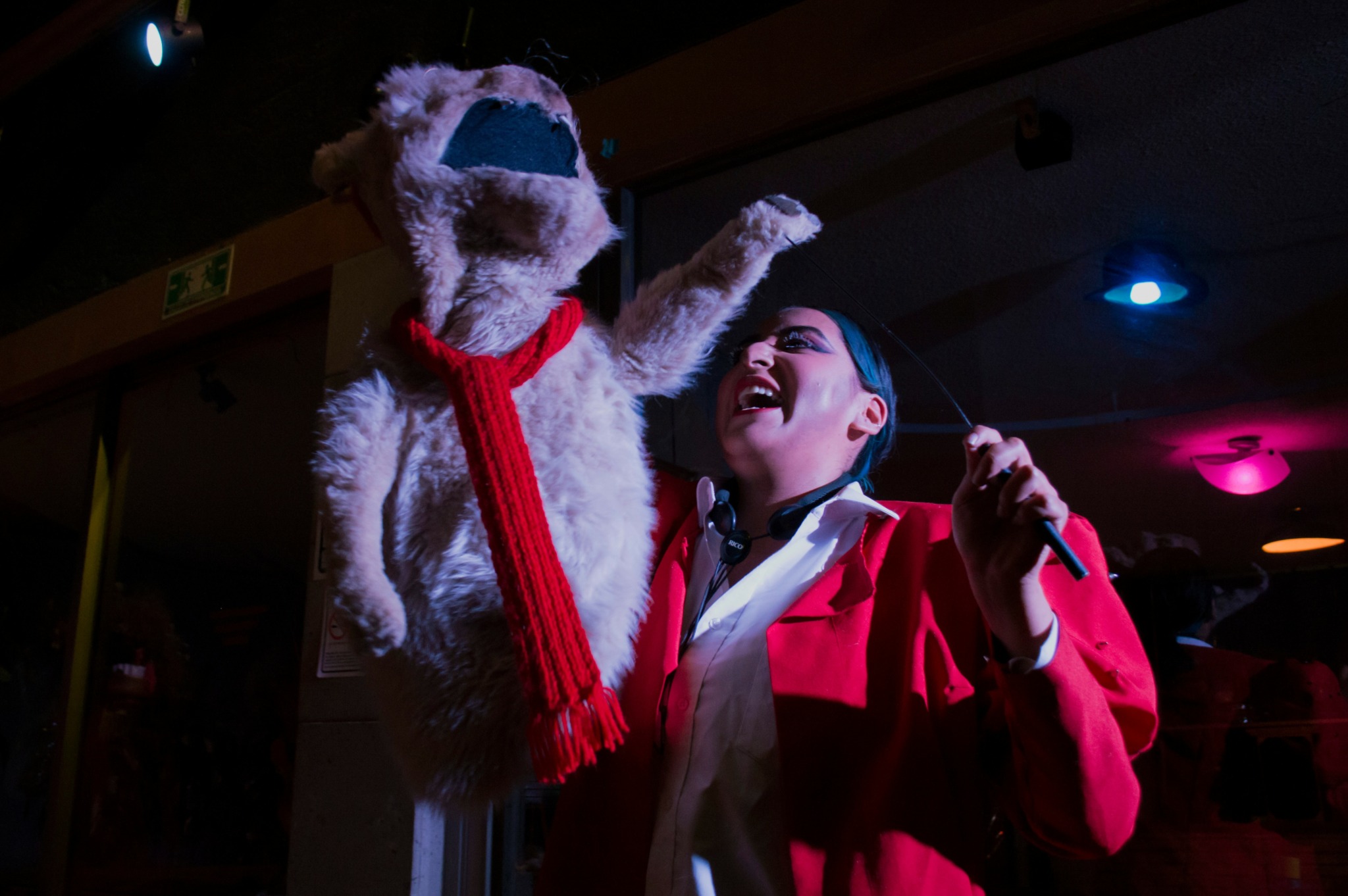
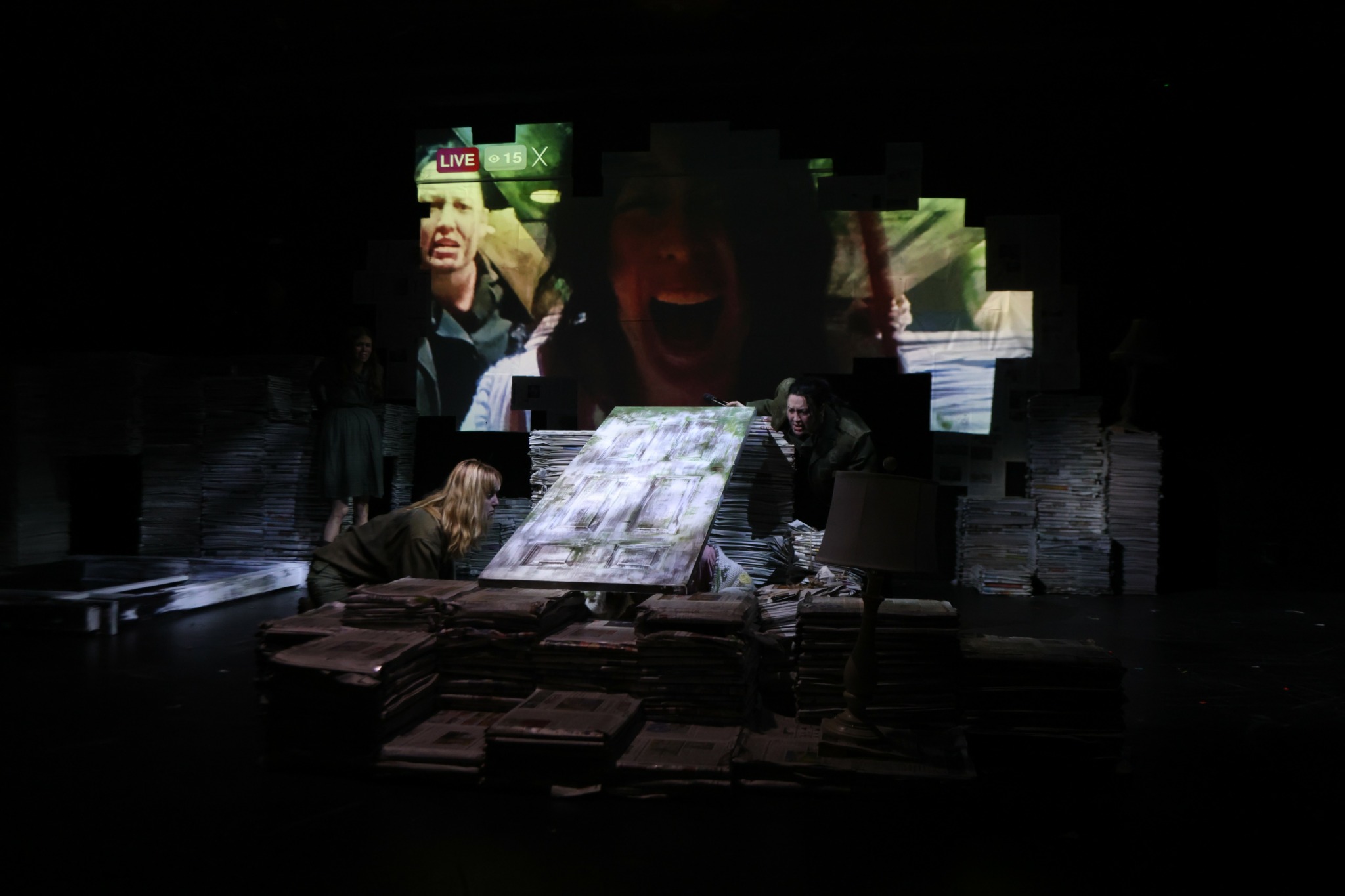
Learning and unlearning are both critical parts of growth – can you share a story of a time when you had to unlearn a lesson?
I guess the biggest lesson I had to unlearn was the role of a director in space, specifically for theater. I came from a background of acting, assisting, and directing where directors used to be the only voice in space, and the goal was to create their vision. I guess it all changed after 2018, I came to the United States and met Shirley Jo, my mentor back in the day, I guess she taught me the sort of director I wanted to become. Since then, I started exploring other dynamics and while yes a director’s responsibility is to lead a team for the sake of a play or the project, or the vision, etc… I also believe my role is to facilitate a process and collaborate, learn, and distinguish the team’s skills to be able to highlight them and strengthen them and to distinguish their weakness to work on them. I guess for me, art is no longer about the product or result only but the journey to get there and I believe it was a wonderful lesson to learn that if I chose my cast and team correctly, everyone has something to contribute to the project and I need to trust them.
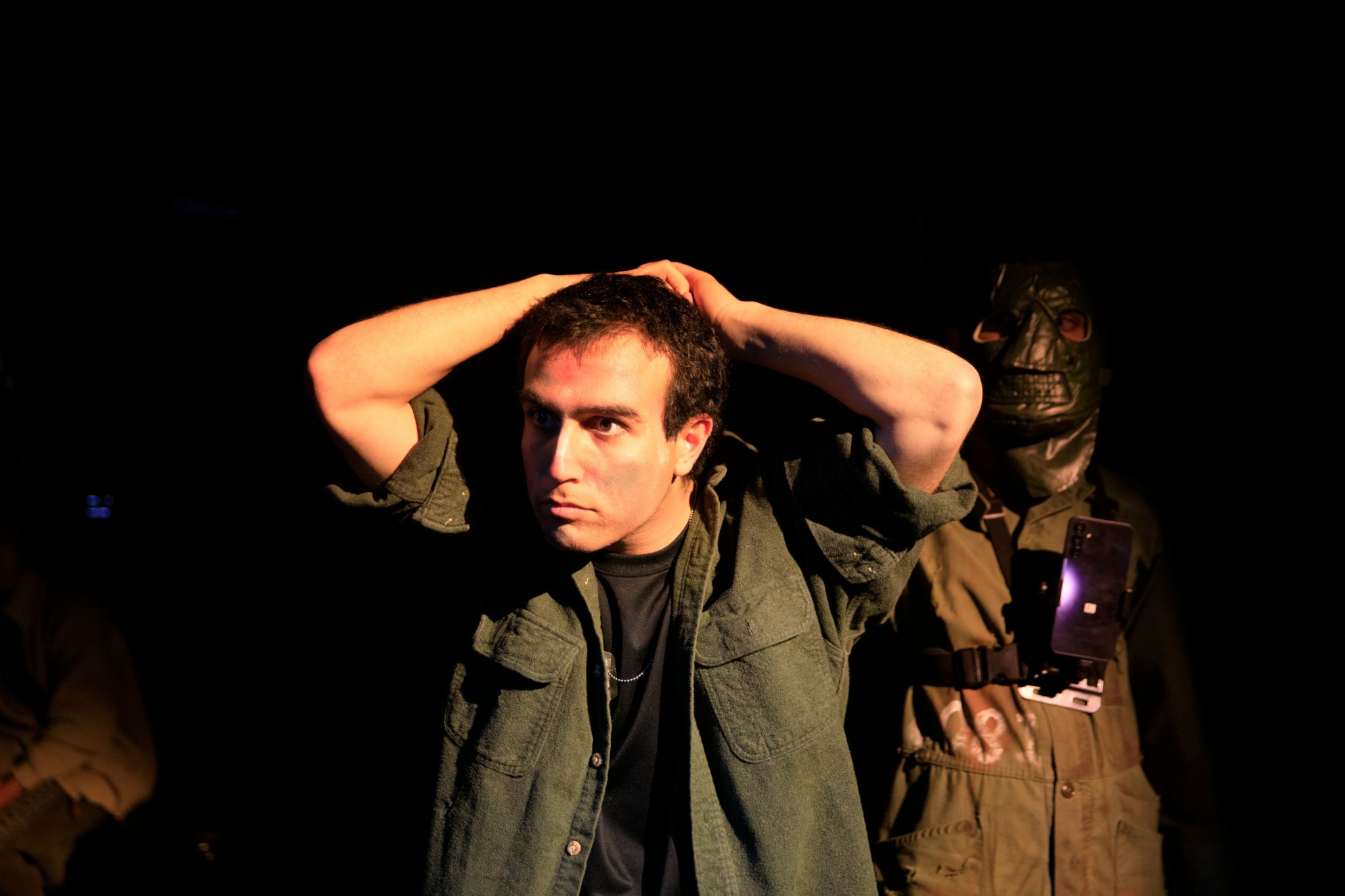
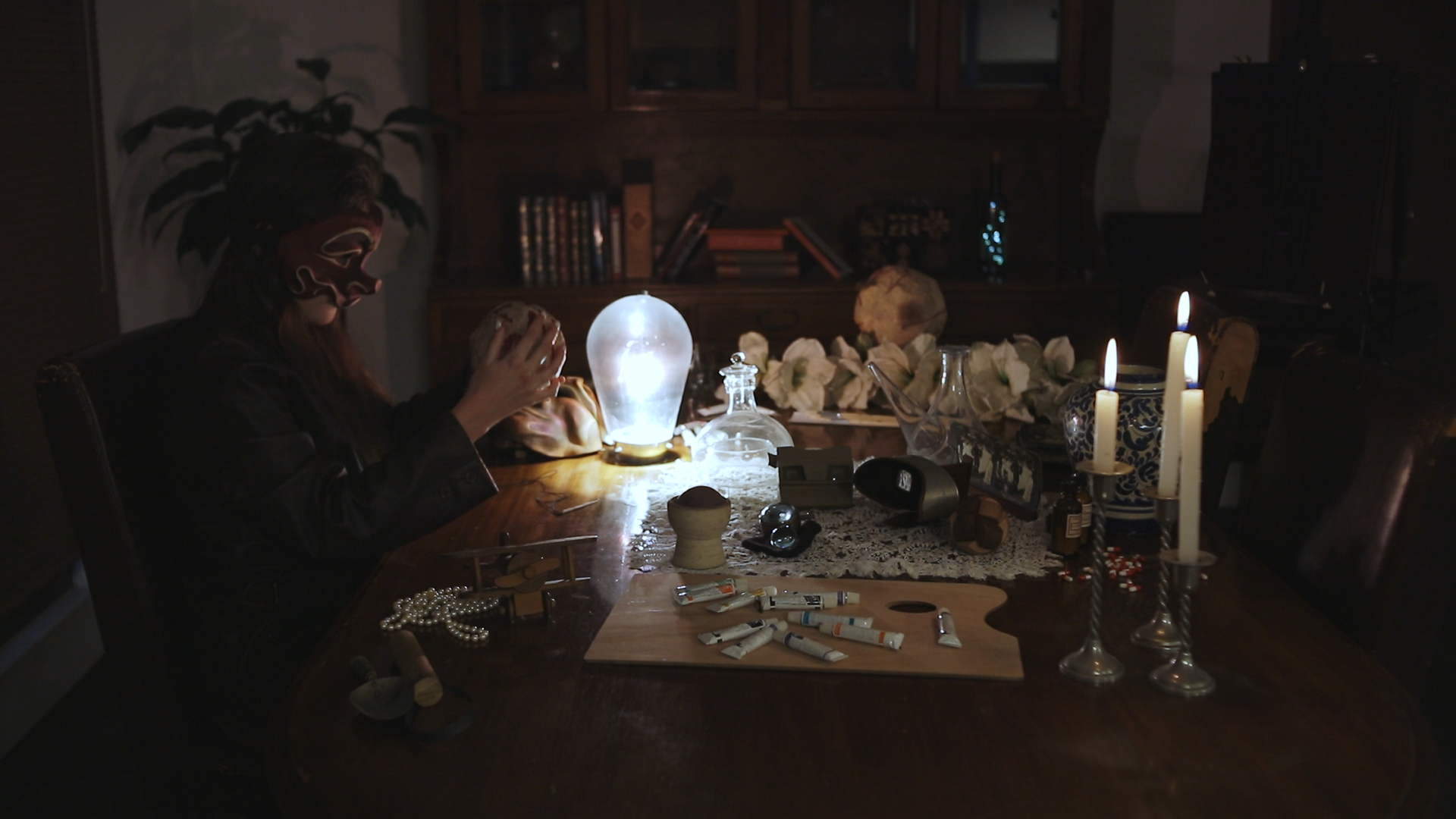
How about pivoting – can you share the story of a time you’ve had to pivot?
I guess, since the moment I chose to study arts, I should have known that to become an artist was to learn how to pivot within these three areas and learn how to balance them, but it was a lesson I learned way after in time and I continue learning. For me, I believe the biggest moment was COVID-19, I guess this was a difficult time for all artists, for me, in particular, I felt like I was finally in a good spot in my career but when COVID-19 stroke, theaters closed, and most of the film industry back home too. So for several months, I was on a pause, but apart from that pause being unsustainable financially, I also needed to start doing something for my mental health. This clashed with the idea that I needed to stay home to protect my loved ones. So apart from learning more about businesses, I had to take into consideration the people that surrounded me. During COVID-19, I had to learn that a theater degree gave me skills that went beyond theater, and this was when I finally formalized my business on public speaking. But it was also during that time that I processed all those many hours that I had spent in my career rather than with my friends and family. I have always cared for my business and career but during that time I summed my private life and the people that surrounded me into the equation. It felt impossible and sometimes feels impossible still, there are periods where I disconnect from everyone to be able to operate and deliver, but I have learned, during those processes or immediately after finishing, to pause to have time for myself and my friends and family. I guess that is how I learned to pivot, I have to have friends outside of work and conversations that don´t involve talking about my job. I go through production periods where I hyperfocus on working and during those periods I make sure I eat well, shower early, and exercise for at least fifteen minutes a day, afterwards I make sure to completely pause, see my friends and my family, and talk everything except about directing.
Contact Info:
- Instagram: https://www.instagram.com/g.ccorona/
- Linkedin: https://www.linkedin.com/in/ilse-g-castro-corona-046987183/
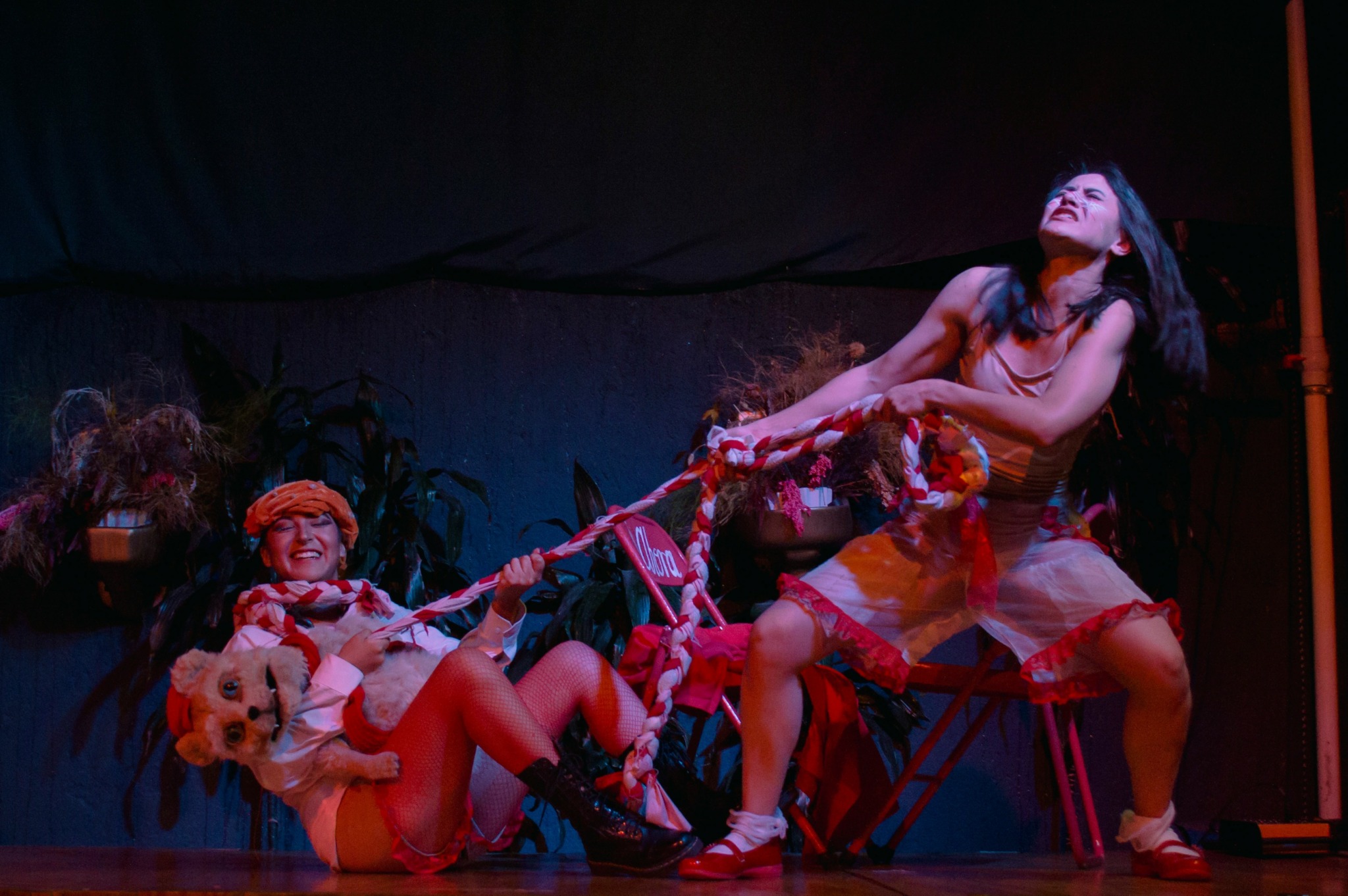
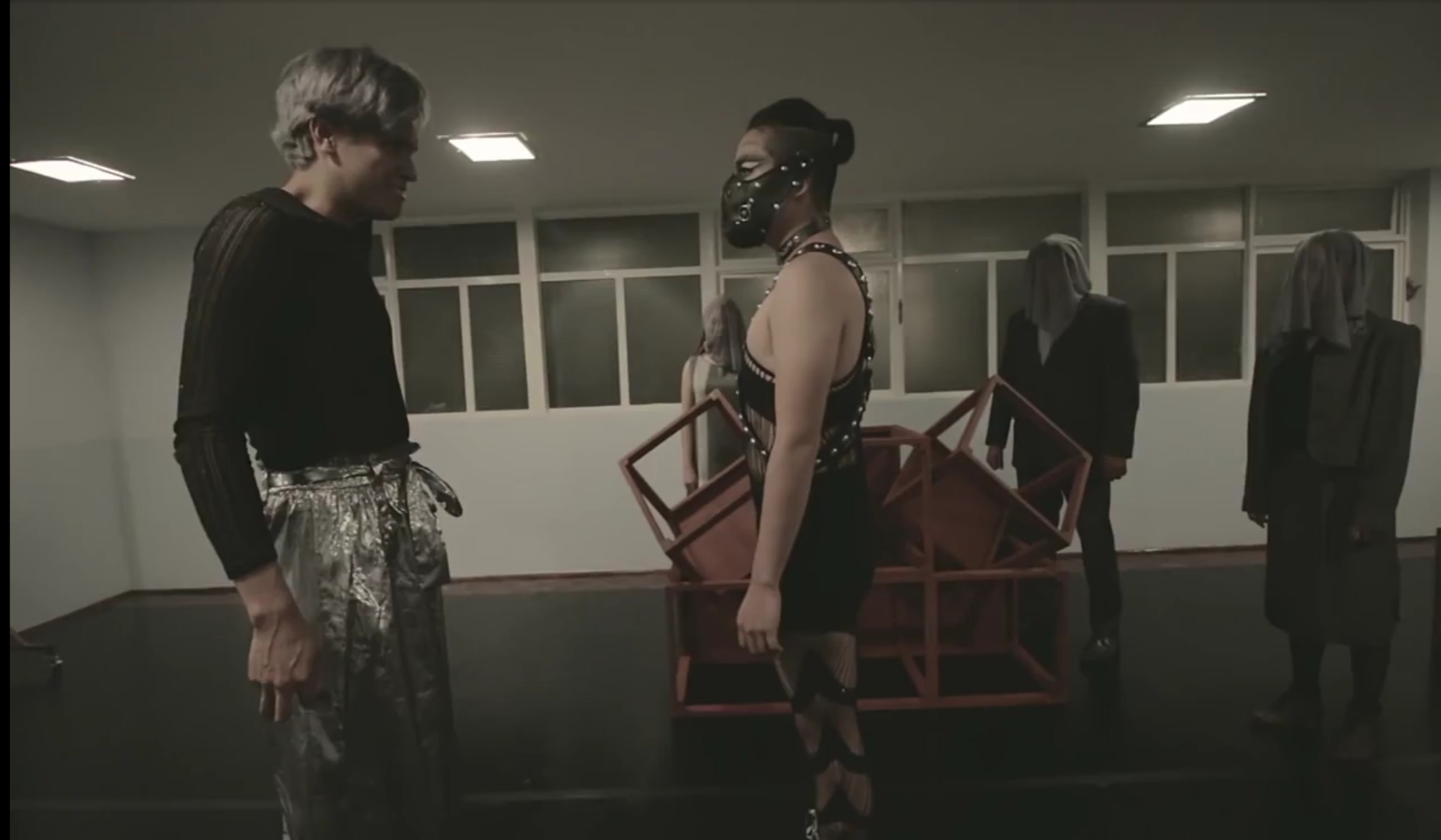
Image Credits
Phoebe Shen (Personal Picture)
Jen Tamayo
Isabela Ripoll
Juan Pérez (JPfoto)
Alejandro D Caminos


